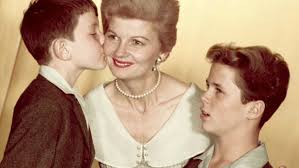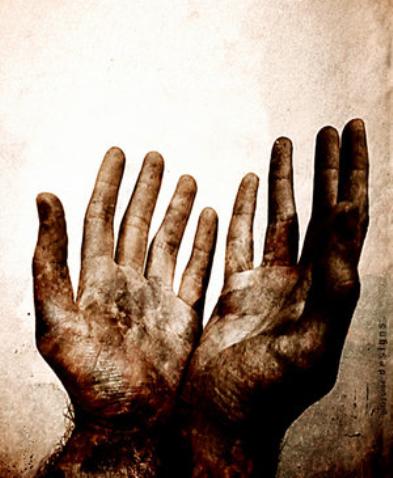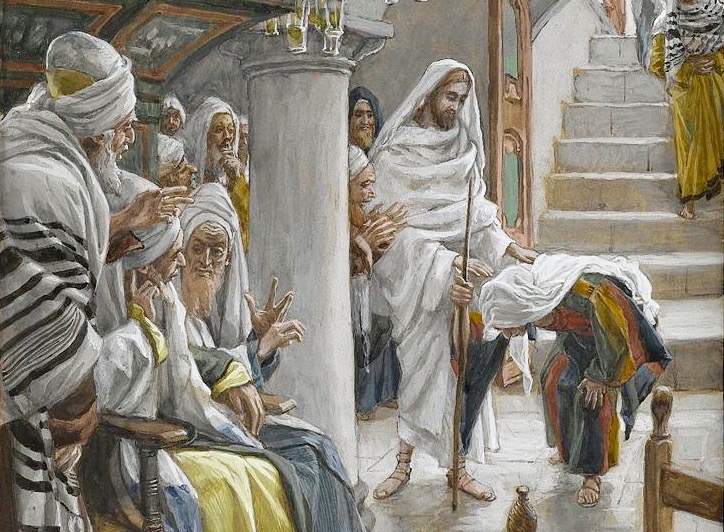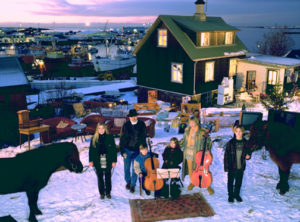My husband was raising the alarm early in the 1990s. Even wrote a booklet about it, which he distributed to friends and family. Our government was overspending—there was a hockey-stick graph that showed the federal budget shooting up in the stratosphere (a billion-dollar deficit!!), with certain consequences for the near future. We were in our forties at the time, and did not expect to collect our Social Security. Black Monday, when the Dow dropped by 22% in one day (10/22/87) was just the beginning: once the bond market collapsed, we’d be plunged into another Great Depression. We would have to start saving now: even stock up on commodities like paper products and imperishable food staples. So we built columns of toilet paper until we ran out of room and lost interest. Because nothing happened.

Around 1997, rumors about Y2K began. This would be an unprecedented catastrophe—payback for the hubris of linking the whole world in a network of 1’s and 0’s. Once every electronic clock in the world rolled over to 2-0-0-0 our mainframes would lose their collective minds and crash into incoherence, with planes falling out of the sky and money frozen in cyberspace, life-support machines malfunctioning and millions starving. It sounds crazy now, but I knew dozens of computer-savvy people who took it very seriously, to the point of moving to the country and storing up flour and ammo (like we did). Needless to say, the clock rolled over and nothing happened.
But the damage was done; everybody was hooked up to the internet now, and Doomsday predictions popped out blatting alarms with the regularity of wooden figures on a cuckoo clock. On the left it was Mother Earth crying for help as she was alternatively parched and flooded. On the right it was deep state, Illuminati, global currency reset causing massive social upheaval, stolen elections, martial law. Depending on which newsletter you subscribed to, the powers-that-be would make their big move THIS MONTH or BY THE END OF THE YEAR or SOON. And then, brothers and sisters, hang on, because it’s going to be a rough ride.
So . . . you think maybe it finally happened? Not with a bang, but a whimper?
As good as the postwar modern age has been to us westerners, with its abundant food and comforts and diversions, we seem addicted to unease. It’s almost as though we’re worried about having it too good. Not that there weren’t reasons for alarm. When I was a kid, the US and USSR apparently came very close to a nuclear showdown over Cuba. When I was in high school and college, two major assassinations and colleges literally on fire. In the 70s, a huge presidential scandal, double-digit inflation, an oil embargo, a general sense of “malaise.” That’s about when Paul Simon wrote
I don’t know a soul that’s not been battered; I don’t have a friend who feels at ease.
I don’t know a dream that’s not been shattered or driven to its knees . . .
In the 1980s, I was old enough to grouse about Kids These Days, but that was a pretty sunny decade except for media scares about nuclear holocaust and the ozone layer. Then came the 90s, when broadband access pulled us deep into the conspiracy weeds.
To my knowledge, though, nobody in the Alex-Jones fever swamp or the Greta-Thunberg eco-horror show predicted that a virus—mere scraps of DNA—would cut us off at the knees. Now I’m wondering if the collapse I always half expected has finally arrived. Time to head for the country, plant a garden, start sourcing a supply of meat from stock-raising neighbors?
Has dystopia finally come for us?
Probably not. And yet, there are some disquieting features about this crisis that I’ll have to work through in the next post.















 around her, take stock of what she had, and be grateful for it. In time she gave hundreds of American women reason to be grateful too.
around her, take stock of what she had, and be grateful for it. In time she gave hundreds of American women reason to be grateful too. She always said—and sincerely believed—that a woman’s chief place was in the home, but she saw that place as a noble calling rather than thankless drudgery. She was, it’s fair to say, the Oprah of her day. Who can tell how many women felt lifted up and encouraged by the earnest editor of their favorite magazine?
She always said—and sincerely believed—that a woman’s chief place was in the home, but she saw that place as a noble calling rather than thankless drudgery. She was, it’s fair to say, the Oprah of her day. Who can tell how many women felt lifted up and encouraged by the earnest editor of their favorite magazine? decade:
decade: